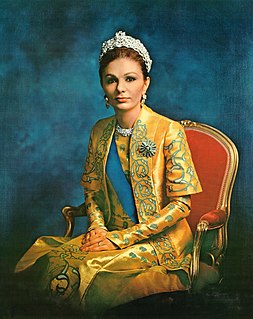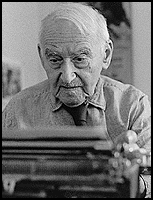A Quote by Paul Johnson
Bismarck had cunningly taught the parties not to aim at national appeal but to represent interests. They remained class or sectional pressure-groups under the Republic. This was fatal, for it made the party system, and with it democratic parliamentarianism, seem a divisive rather than a unifying factor. Worse: it meant the parties never produced a leader who appealed beyond the narrow limits of his own following.
Related Quotes
Democratic institutions are necessary and very important, and if I remained at the head of government, it could be an obstacle to democratic practice. Also, if I were to remain, then I would have to join one of the parties. If the Dalai Lama joins one party, then that makes it hard for the system to work.
In this rigged, two-party system, third parties almost never win a national election. It's obvious what our function is in this constricted oligarchy of two corporate-indentured parties - to push hitherto taboo issues onto the public stage, to build for a future, to get a young generation in, keep the progressive agenda alive, push the two parties a little bit on this issue and that.
[A]s it must be admitted that the remedy under the Constitution lies where it has been marked out by the Constitution; and that no appeal can be consistently made from that remedy by those who were and still profess to be parties to it, but the appeal to the parties themselves having an authority above the Constitution or to the law of nature & of nature's God.
Their [BBC] idea of bipartisanship is to try not to offend the Conservative party, try not to offend the Labour party.There is no analysis of anything beyond that, and these two parties are exactly identical, following the same Neoliberal policies for thirty years. And it's no criticism outside of that, it's just that there's basically sectarian pandering to these two individual parties, these two individual organisations. They still make a lot of great programmes and do a lot of great things, but there's not much political analysis happening broader to that.
































